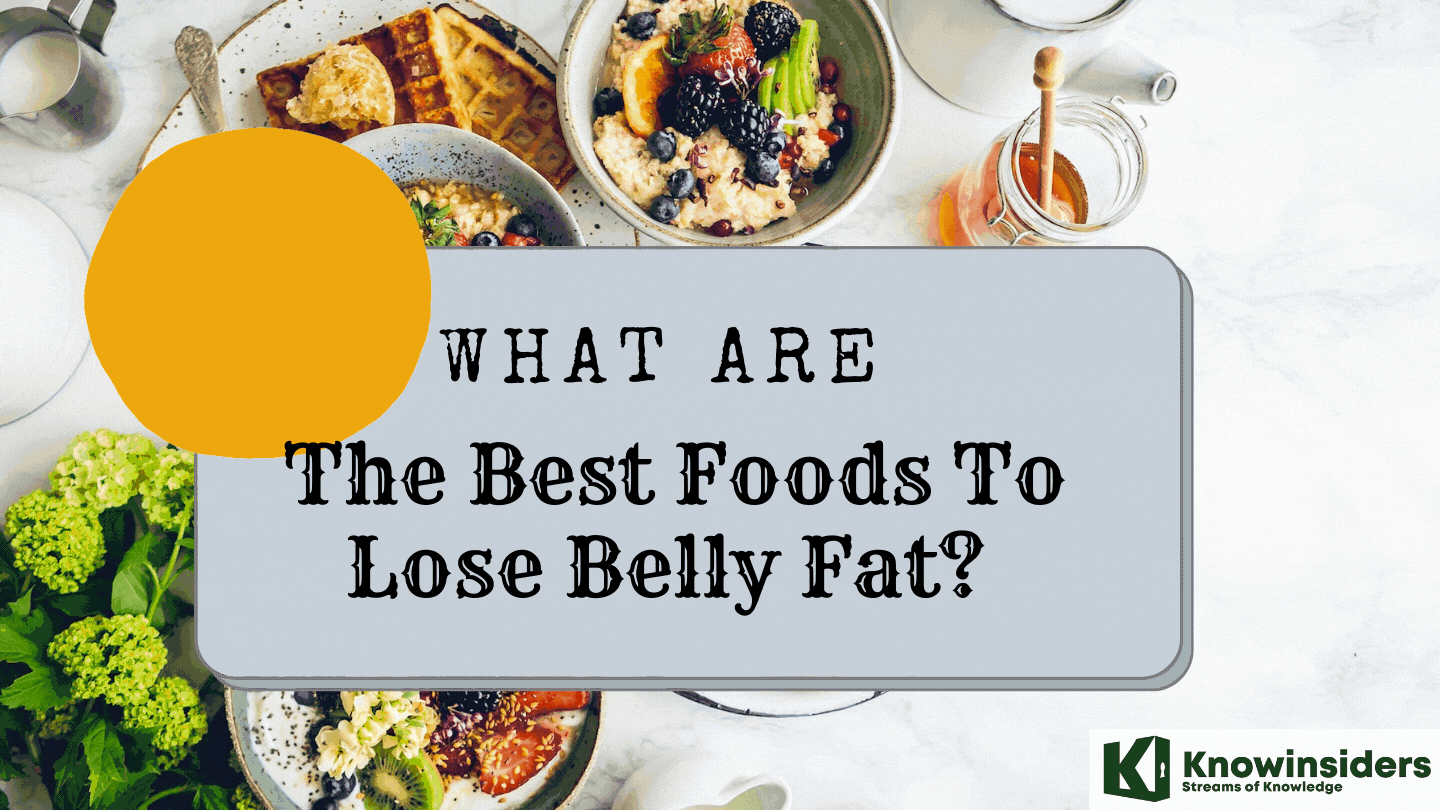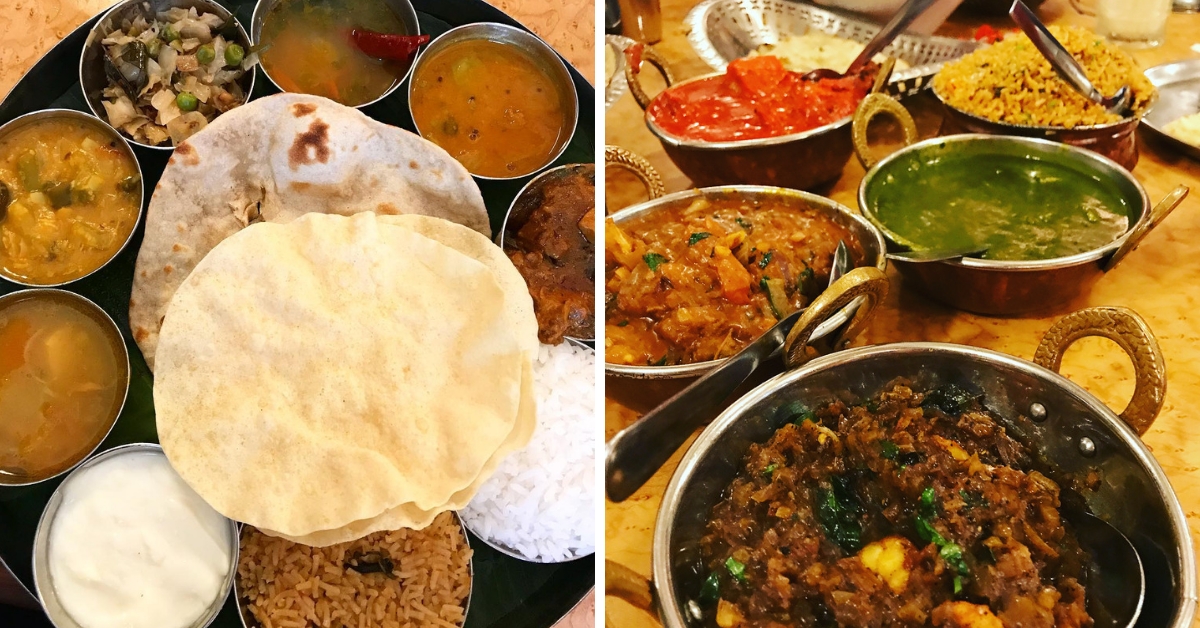What are the Best Food Sources for Higher Fiber Intake?
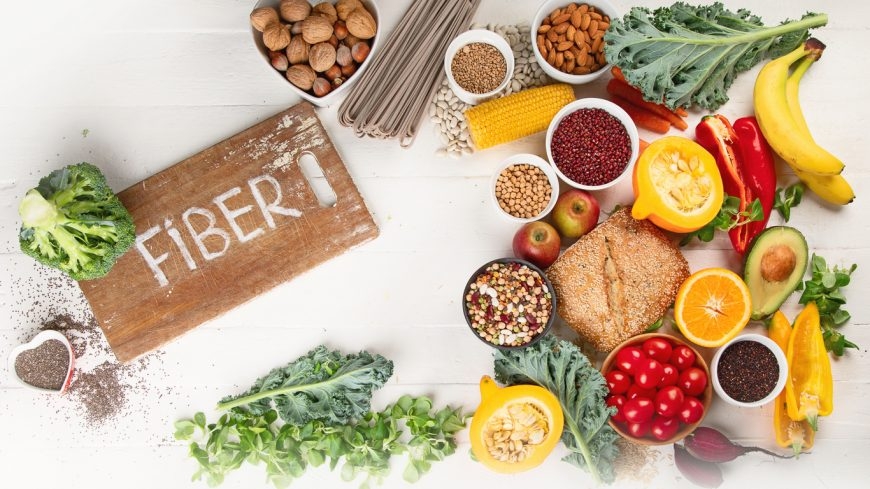 |
| Best Food Sources for Higher Fiber Intake - Photo: foodinsight.org |
Fibre is a blanket term that applies to any type of carbohydrate that your body can’t digest. The fact your body doesn’t use fibre for fuel doesn’t make it less valuable to your overall health.
Fiber offers many health benefits, but it’s important to incorporate fiber-containing foods gradually over the course of a few days to avoid adverse effects, such as bloating and gas.
Drinking plenty of water while you up your fiber intake may also help keep these symptoms at bay.
Why do we need fibre in our diet?
There is strong evidence that eating plenty of fiber (commonly referred to as roughage) provides you with healthy benefits:
- Reducing cholesterol. Fiber’s presence in the digestive tract can help reduce the body’s cholesterol absorption. This is especially true if you take statins, which are medications to lower cholesterol, and use fiber supplements like psyllium fiber.
- Promoting a healthy weight. High fiber foods like fruits and vegetables tend to be lower in calories. Also, fiber’s presence can slow digestion in the stomach to help you feel fuller for longer.
- Adding bulk to the digestive tract. Those who struggle with constipation or a generally sluggish digestive tract may wish to add fiber to their diet. Fiber naturally adds bulk to the digestive tract, as your body doesn’t digest it. This stimulates the intestines.
- Promoting blood sugar control. It can take your body longer to break down high fiber foods. This helps you maintain more consistent blood sugar levels, which is especially helpful for those with diabetes.
- Reducing gastrointestinal cancer risk. Eating enough fiber can have protective effects against certain cancer types, including colon cancer. There are many reasons for this, including that some types of fiber, such as the pectin in apples, may have antioxidant-like properties.
Here are some high fiber foods that are both healthy and satisfying:
1. Beans
Lentils and other beans are an easy way to sneak fiber into your diet in soups, stews, and salads. Some beans, like edamame (which is a steamed soybean), are even a great fiber-filled snack.There are 9 grams of fiber in a half-cup serving of shelled edamame.A bonus? All of these provide a great source of protein, too. Some bakers have even started including beans or bean flours in their baked goods, which research proves can still make quality cakes.
2. Acorn Squash
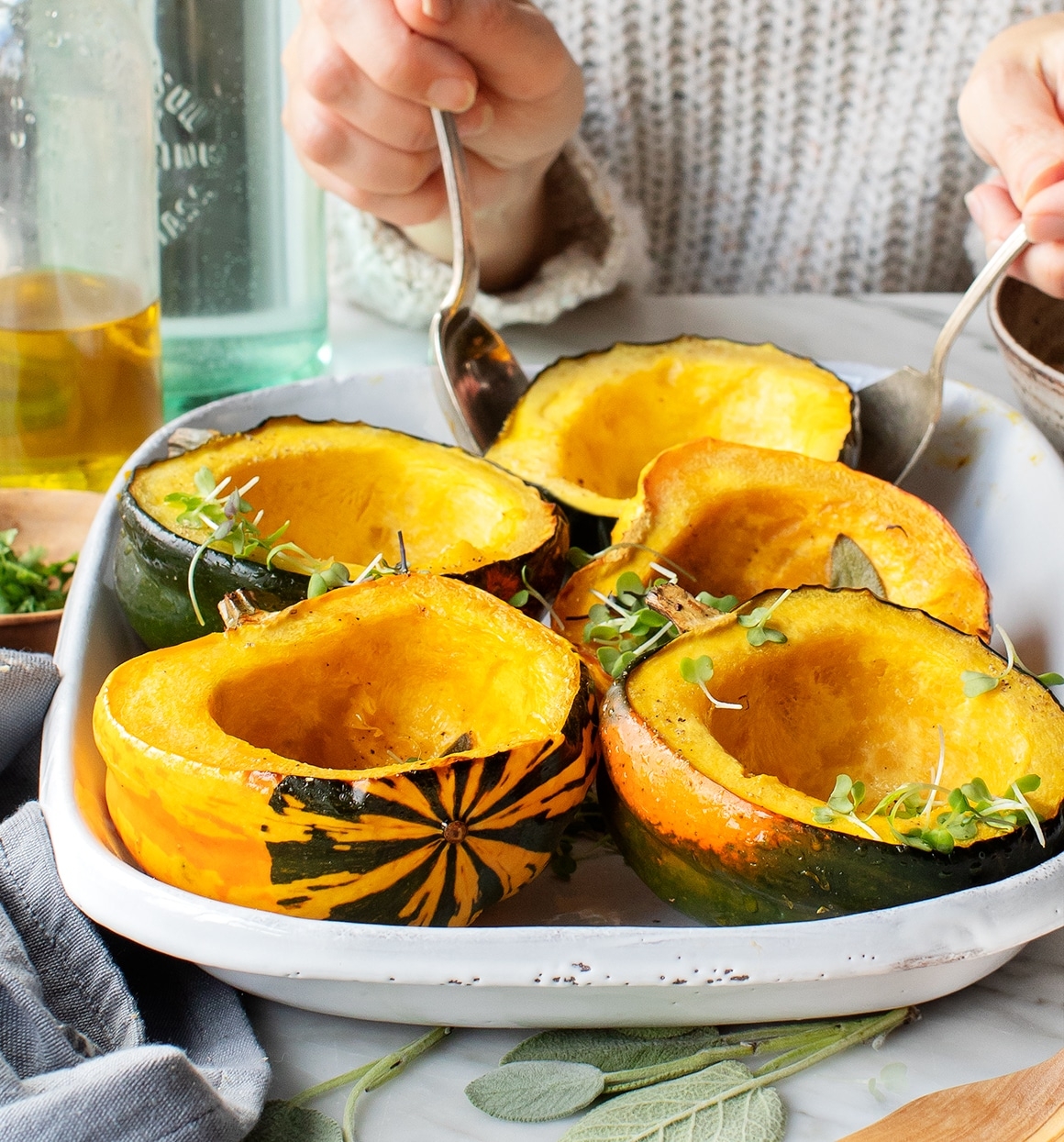 |
| Photo: loveandlemons.com |
This wintery squash not only features a subtle, sweet taste, but one cup mashed provides your body with 6 grams of satiating fiber. Plus, acorn squash is also an excellent source of vitamin C—one serving provides about 20 percent of your daily needs—which is important for your immunity.
3. Berries
Berries get a lot of attention for their antioxidants, but they’re full of fiber, too. Just a cup of fresh blueberries can give you almost 4 grams of fiber, and there is nearly the same amount of fiber in a cup of frozen unsweetened blueberries. Blackberries, strawberries, and raspberries are also great sources of fiber. Of course, one of the biggest benefits of berries is that they’re naturally low in calories, too.
4. Chia Seeds
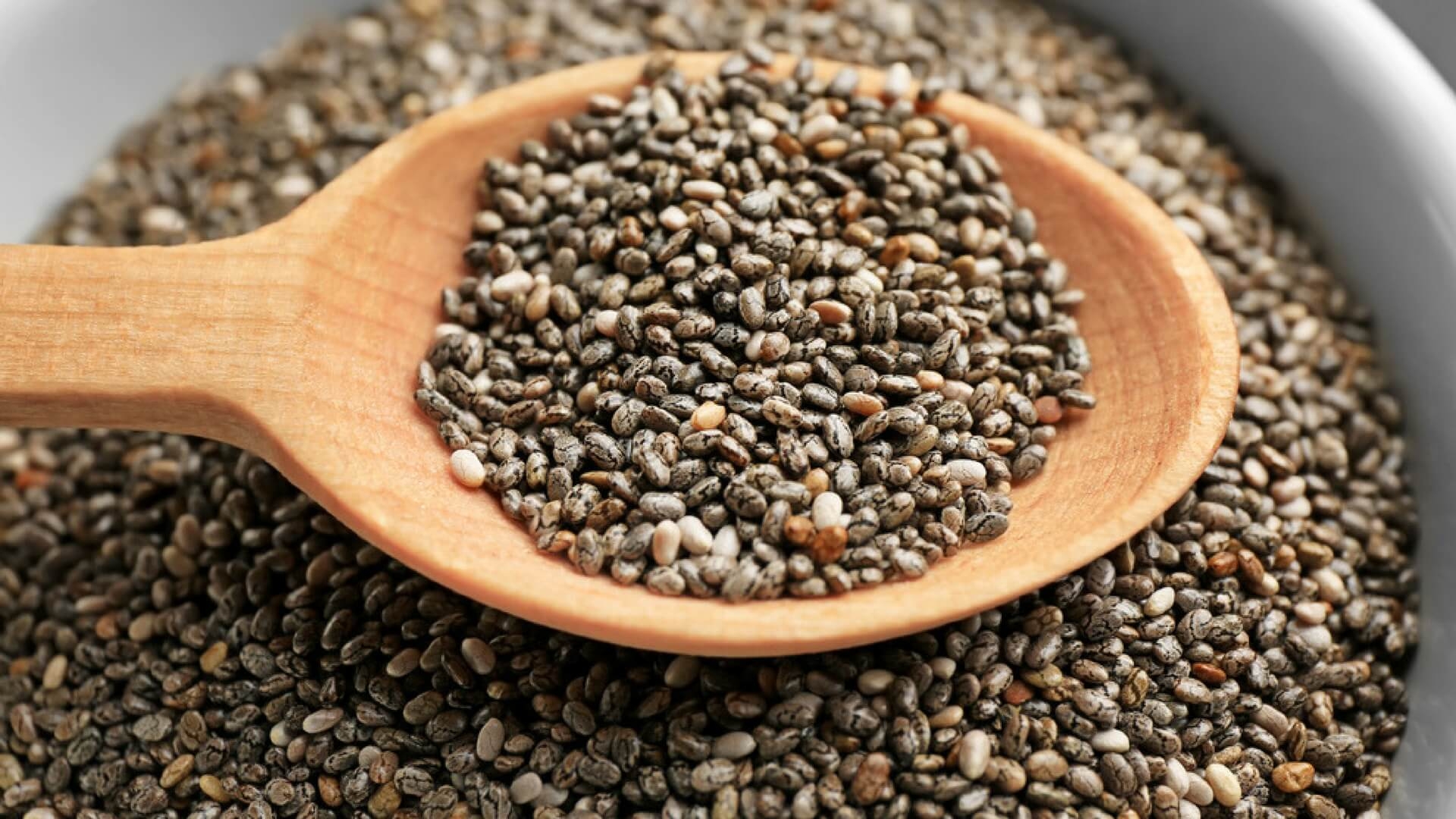 |
| Photo: fitnessgenes.com |
Anything with greater than 5 grams of fiber per serving is considered high. One ounce, or 28 grams, of chia seeds, has double that amount! Sprinkle a spoonful of these nutrient-rich seeds into smoothies, yogurt, or on top of salads to boost your fiber intake and reap the digestive benefits. We've also curated the best chia seed recipes for even more ideas!
5. Broccoli
Broccoli is a type of cruciferous vegetable and one of the most nutrient-dense foods on the planet.
It’s loaded with vitamin C, vitamin K, folate, B vitamins, potassium, iron, and manganese and contains antioxidants and potent cancer-fighting nutrients. Broccoli is also relatively high in protein, compared with most vegetables.
6. Avocados
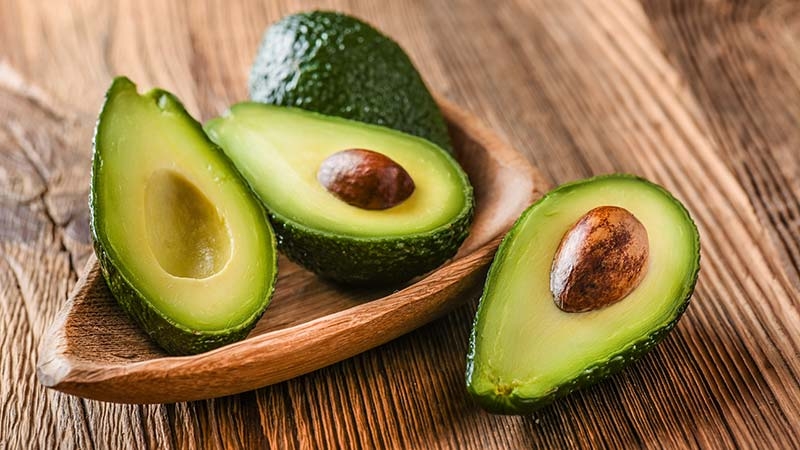 |
| Photo: philmaffetone.com |
Avocados pretty much go with everything—toast, salads, entrees, eggs—and while they’re often recognized for their hefty dose of healthy fats, there are 10 grams of fiber in one cup of avocado (so just imagine how much is in your guacamole).
7. Asparagus
Have you ever seen 83 asparagus spears on one plate? Probably not, unless it’s a family-style meal. That’s how many raw asparagus spears it takes to hit the 28 grams of fiber recommended for your diet. As an alternative to steamed asparagus tries adding thinly sliced raw asparagus spears to salads or sandwiches for a sweet, crunchy flavor.
8. Dried Fruits
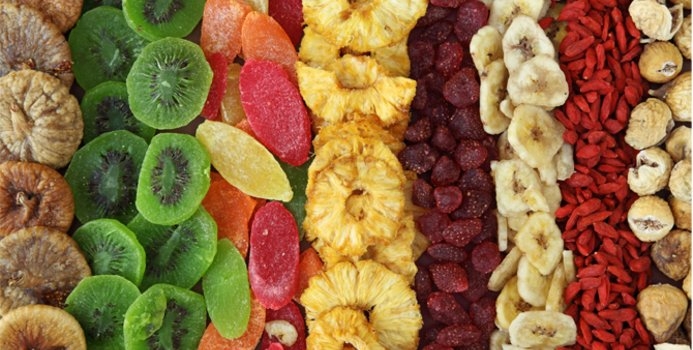 |
| Photo: fitday.com |
Dried fruits like figs, prunes, and dates can boost your fiber intake dramatically and are recommended for those struggling with constipation. The sugar called sorbitol, which naturally occurs in these fruits, can help your bowels and lead to more comfort. However, eating too many can lead to cramping or diarrhea, so try a small serving and see how you feel once you’ve digested them, before noshing on too many more.
9. Potatoes
Sweet potatoes, red potatoes, purple potatoes, and even the plain old white potato are all good sources of fiber; one small potato with skin can provide close to 3 grams of fiber. The veggie has a bad reputation for running in the wrong crowds—fries and chips, to name a few. However, when not fried in oil and slathered in salt, potatoes can provide many benefits.Plus, the fiber in potatoes can help protect the intestinal wall from potentially harmful chemicals found in some foods and drinks.
10. Cauliflower
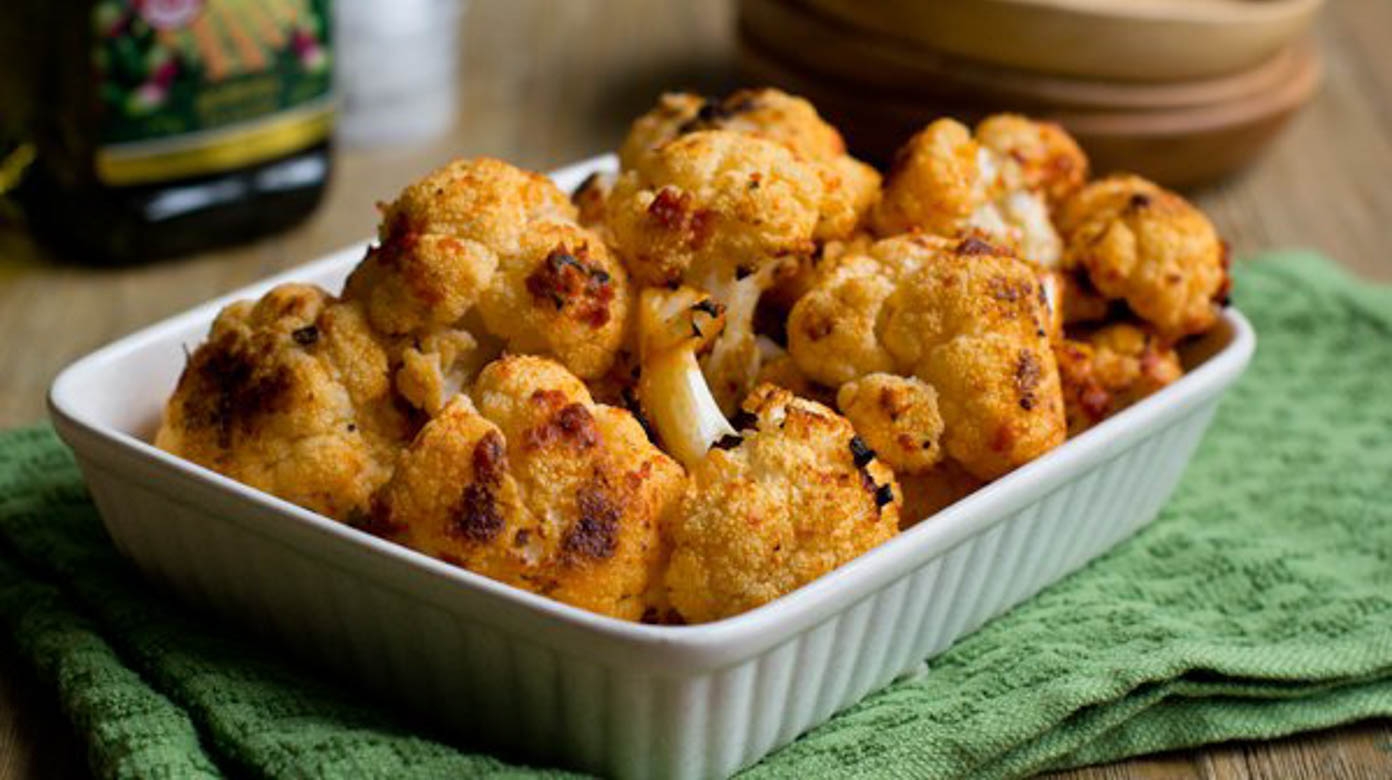 |
| Photo: cookthestory.com |
Riced cauliflower is a popular low-carb alternative to starchy vegetables and can be made into pizza crust and chips. It’s a great way to add fiber to your diet, but it may not get you to the 28 grams of daily recommended fiber every day. That would mean eating about 8.5 cups of cooked cauliflower, every day.
11. Nuts
Nuts aren’t just a great source of protein and healthy fats—sunflower seeds and almonds each have more than 3 grams of fiber in a serving. They can help you reach the 25-gram intake of fiber recommended by the FDA for women and the 38-gram recommendation for men. Raw or dry-roasted nuts are preferred over the pre-packaged variety (which are usually cooked in oils that can add extra, unnecessary calories.) Even nut butter can pack a punch of fiber.
How Much Fiber Do You Need Every Day?
| The recommended daily fiber intake is 28 grams, with variations based on age and gender. However, most Americans consume only about 16 grams each day. The reality: Less than 5% of Americans get enough daily fiber. What can you expect if you don’t eat enough fiber? In the short-term, you might occasionally feel constipated and sluggish. But over time, a diet consistently low in fiber may increase your risk for more serious issues, like heart disease and type 2 diabetes. If you have any concerns, reach out to your healthcare provider. A well-balanced diet that includes plenty of whole plant foods is the best way to get all of the nutrients your body needs to function at its best, including fiber. But that’s not always possible with our day-to-day busy, demanding schedules. |
*Top Best Foods to Boost your Health - Healthiest Foods on the Planet, Read More
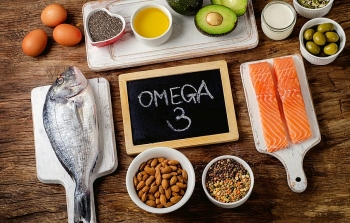 Top 7 Best Food sources for higher Omega-3 fatty acids intake Top 7 Best Food sources for higher Omega-3 fatty acids intake Top 7 Best Food: Omega-3 fats are commonly known for their health benefiting properties and are considered one of the indispensible nutrients for our health. ... |
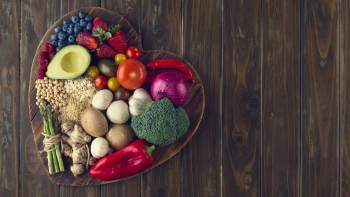 What are Best Food Sources for A Healthier Heart? What are Best Food Sources for A Healthier Heart? Looking to keep your heart in top shape? You need to feed it well, by choosing nutritious foods that help keep your arteries clear and ... |
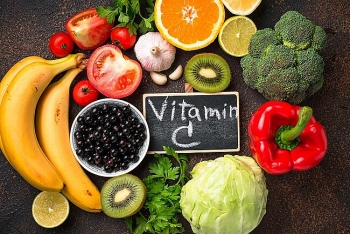 Best food sources for vitamin C Best food sources for vitamin C Vitamin C is an inevitable nutrition in our body. However, the body does not store excess vitamin C, so we should take in a sufficient ... |
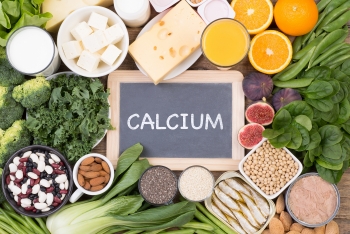 What are Best Food Sources for Calcium? What are Best Food Sources for Calcium? Calcium is essential for general health. If your daily intake is still low on calcium, scroll through the article below. Next time you prepare your ... |

